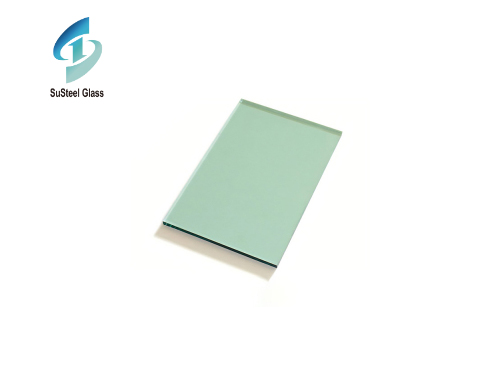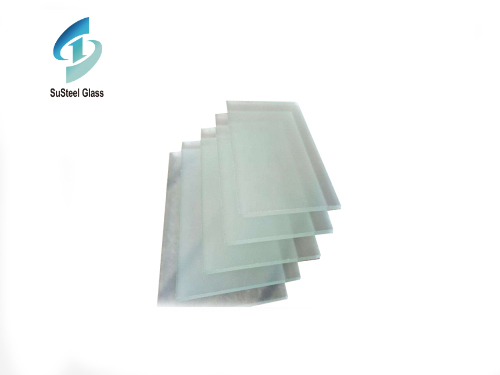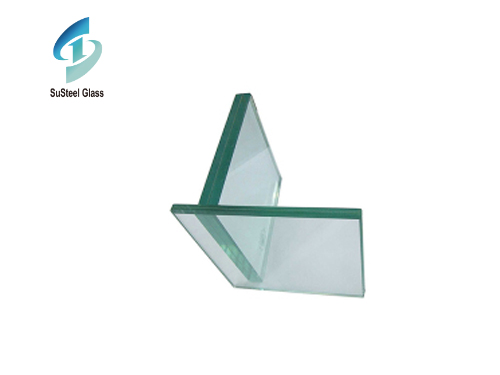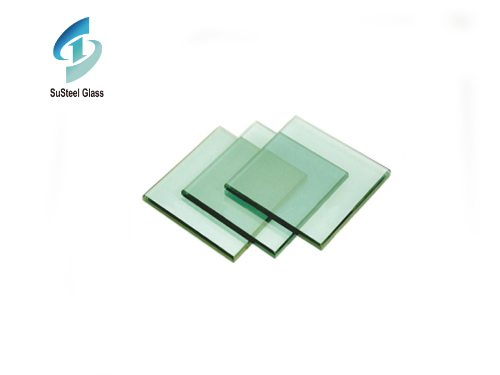
Radiation shielding glass is a professional type of glass that incorporates high-density materials, such as lead or boron, to attenuate and absorb ionizing radiation. By utilizing these heavy elements, radiation shielding glass effectively blocks and reduces the penetration of X-rays, gamma rays, and other forms of ionizing radiation. Additionally, this glass maintains transparency, allowing for clear visibility and uncompromised visual aesthetics in various applications.
Radiation shielding glass finds extensive use in medical facilities, including hospitals, clinics, and dental offices. It is employed in X-ray rooms, computed tomography (CT) suites, radiation therapy rooms, and nuclear medicine departments to provide protection to patients, healthcare professionals, and visitors. By containing radiation within designated areas, radiation shielding glass minimizes the risk of exposure and ensures a safe environment for medical procedures.
Given the high radiation levels associated with nuclear power plants, radiation shielding glass plays a critical role in maintaining operational safety. It is utilized in control rooms, observation windows, and containment areas to shield workers from radiation hazards. The use of radiation shielding glass enhances the overall safety measures and prevents the release of radiation into the environment.
Research laboratories and industrial facilities dealing with radioactive materials often require radiation shielding glass to protect personnel and prevent accidental exposure. Whether it is in particle accelerators, radioisotope labs, or nuclear research facilities, radiation shielding glass acts as a reliable barrier against harmful radiation.
The primary advantage of radiation shielding glass is its ability to safeguard individuals from ionizing radiation. It ensures the well-being of patients, medical professionals, workers, and the general public, reducing the potential risks associated with radiation exposure.
Radiation shielding glass retains optical clarity, allowing for unobstructed visibility. This feature is particularly crucial in medical settings where accurate imaging, precise diagnoses, and visual monitoring are essential.
Radiation shielding glass represents a significant breakthrough in radiation protection technology. Its unique properties, applications, and benefits make it an indispensable tool in ensuring health and safety in diverse industries.
 Exploring the World of Green Tinted Glass Products: Versatility and Sustainability
Exploring the World of Green Tinted Glass Products: Versatility and Sustainability
 Exploring the Versatility and Elegance of Custom Thick Glass
Exploring the Versatility and Elegance of Custom Thick Glass
 Unveiling the Strength and Versatility of Laminated Glass: Exploring Material Properties
Unveiling the Strength and Versatility of Laminated Glass: Exploring Material Properties
 Enhancing Safety with Blast Resistant Glass: Innovations, Applications, and Protective Solutions
Enhancing Safety with Blast Resistant Glass: Innovations, Applications, and Protective Solutions

